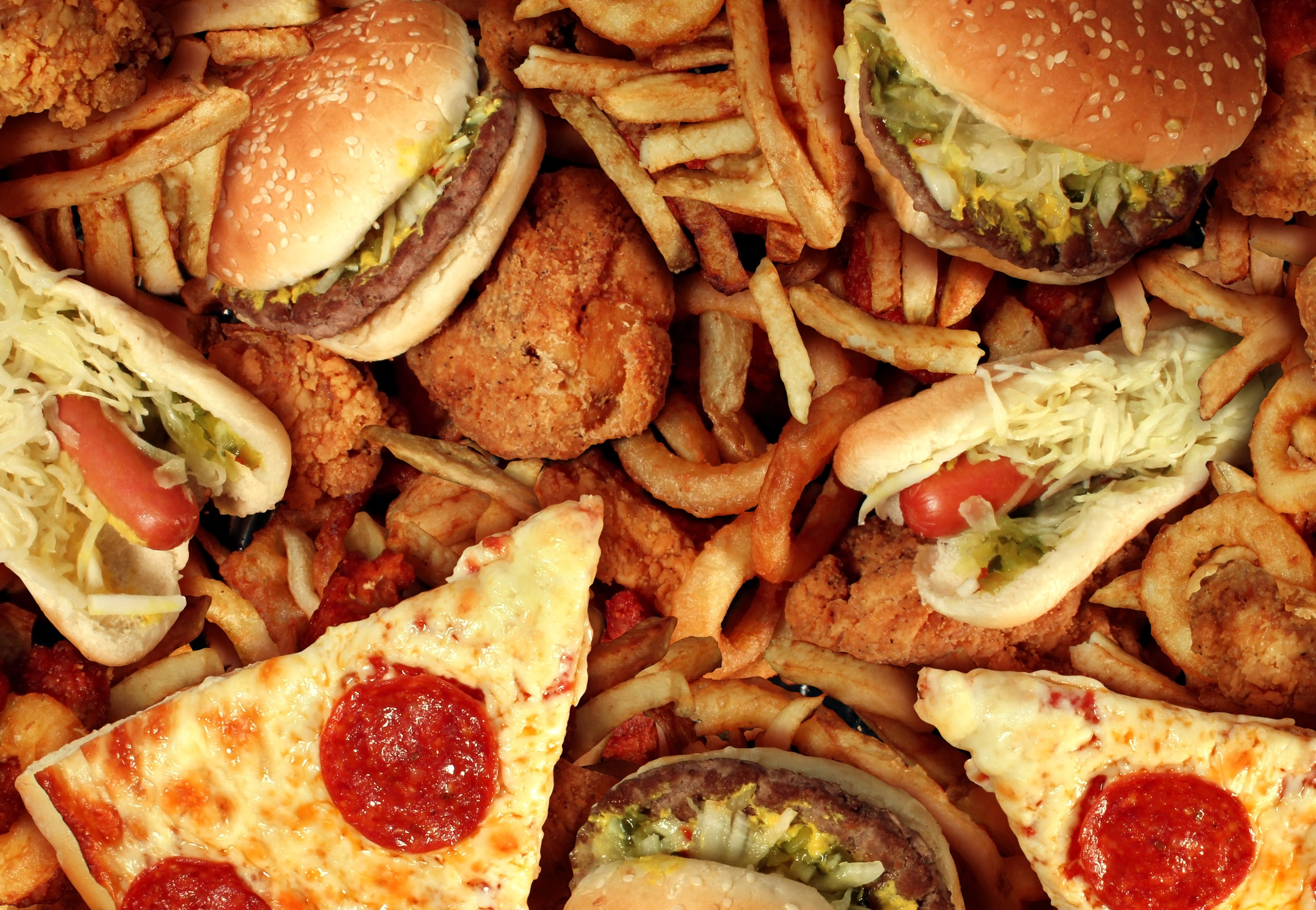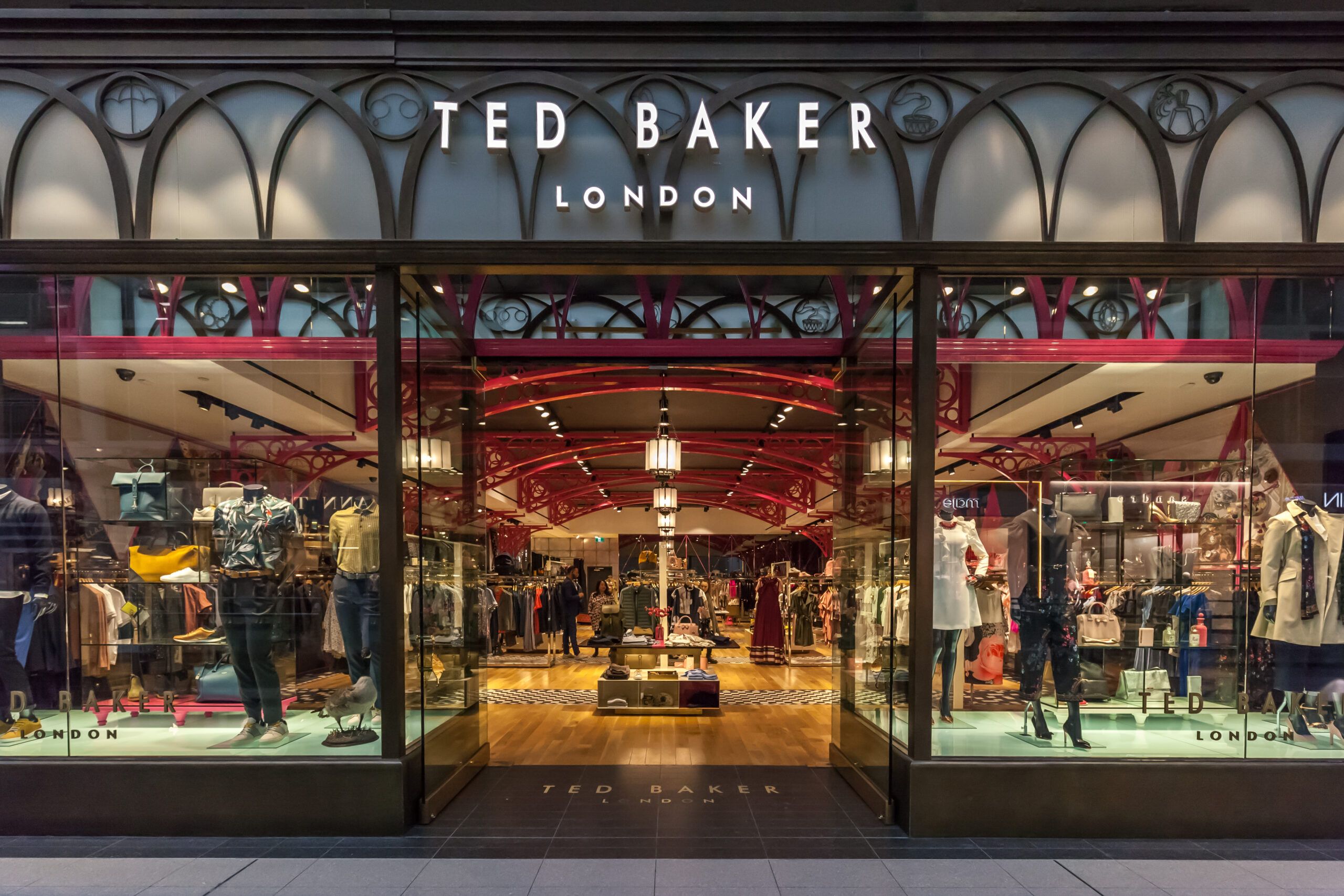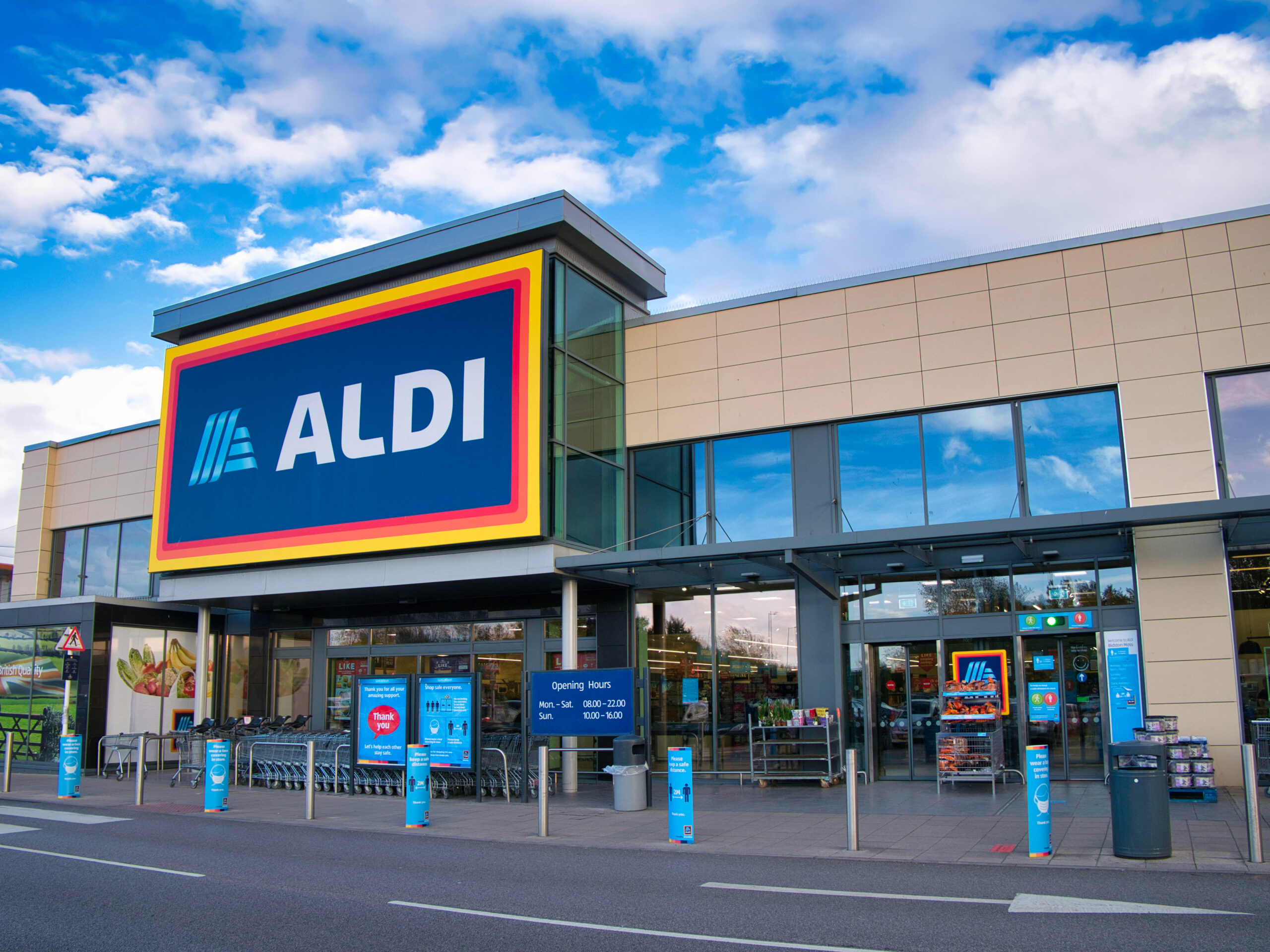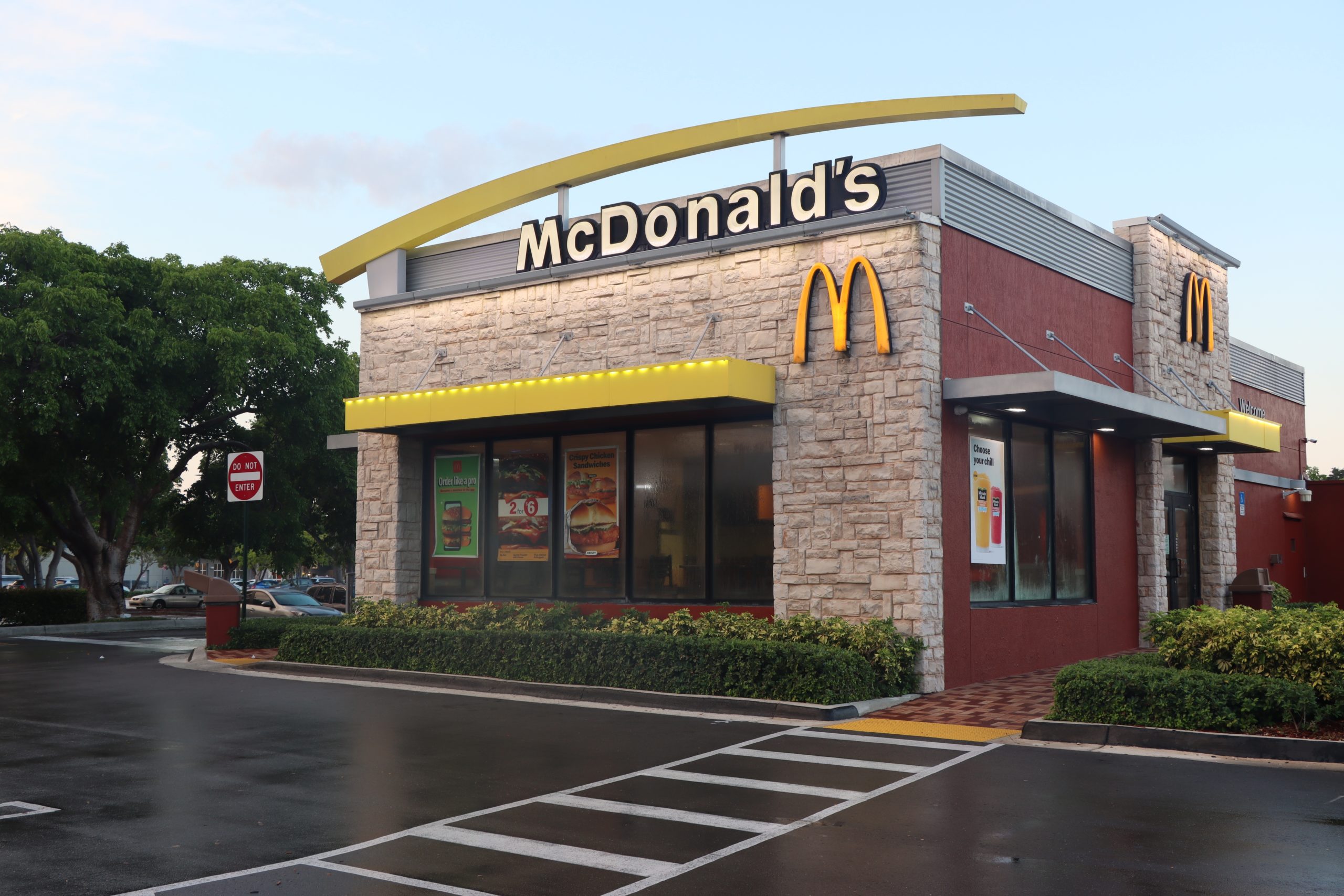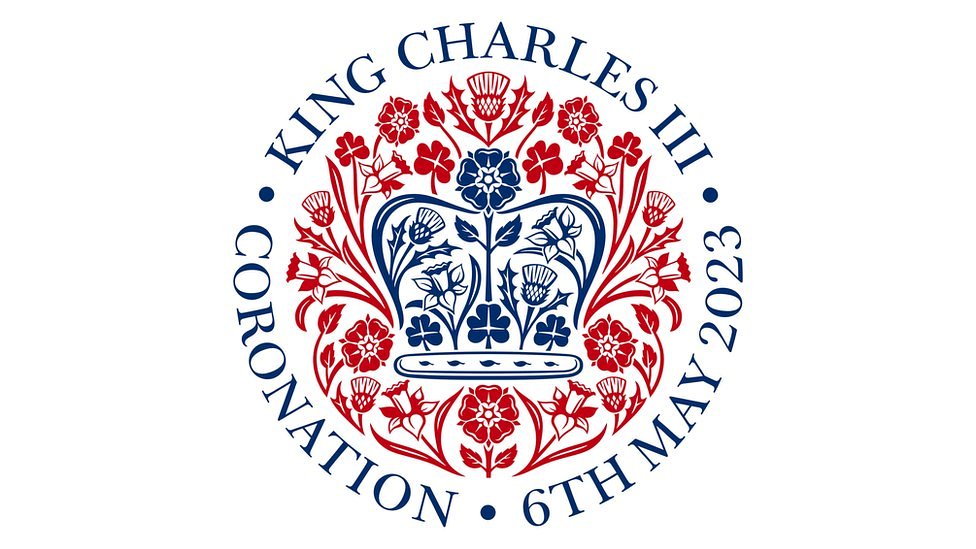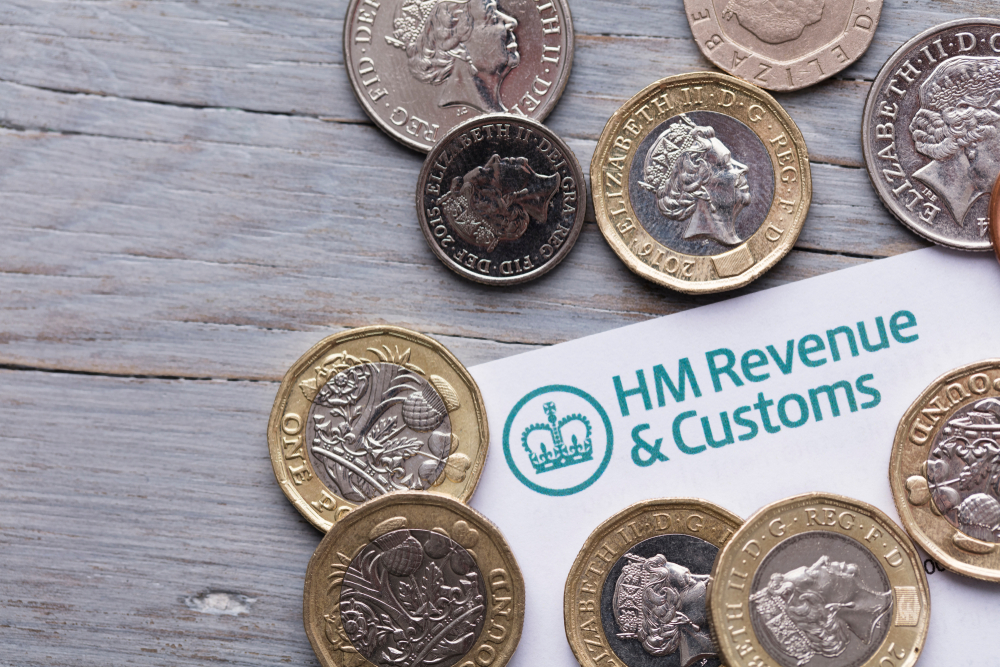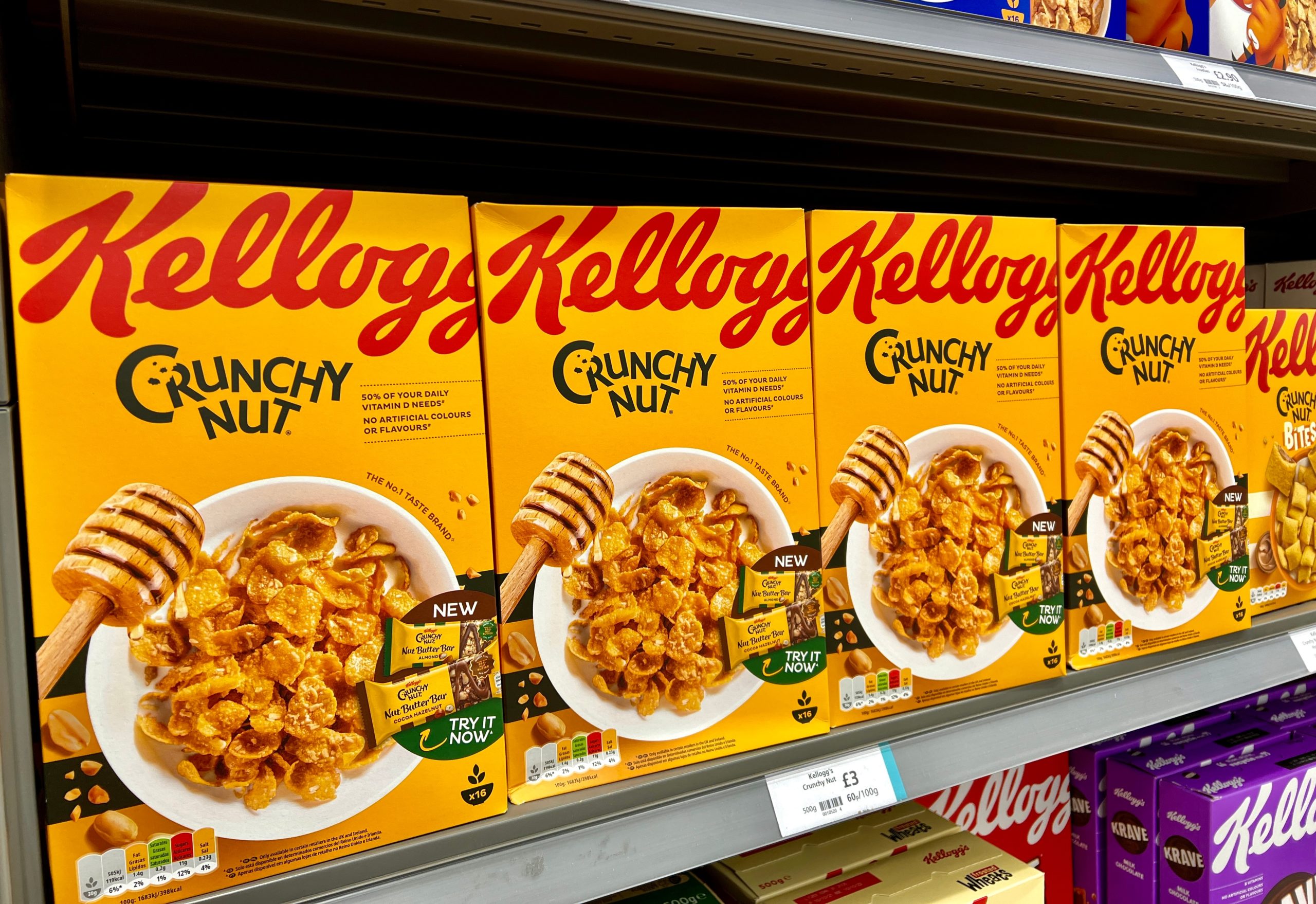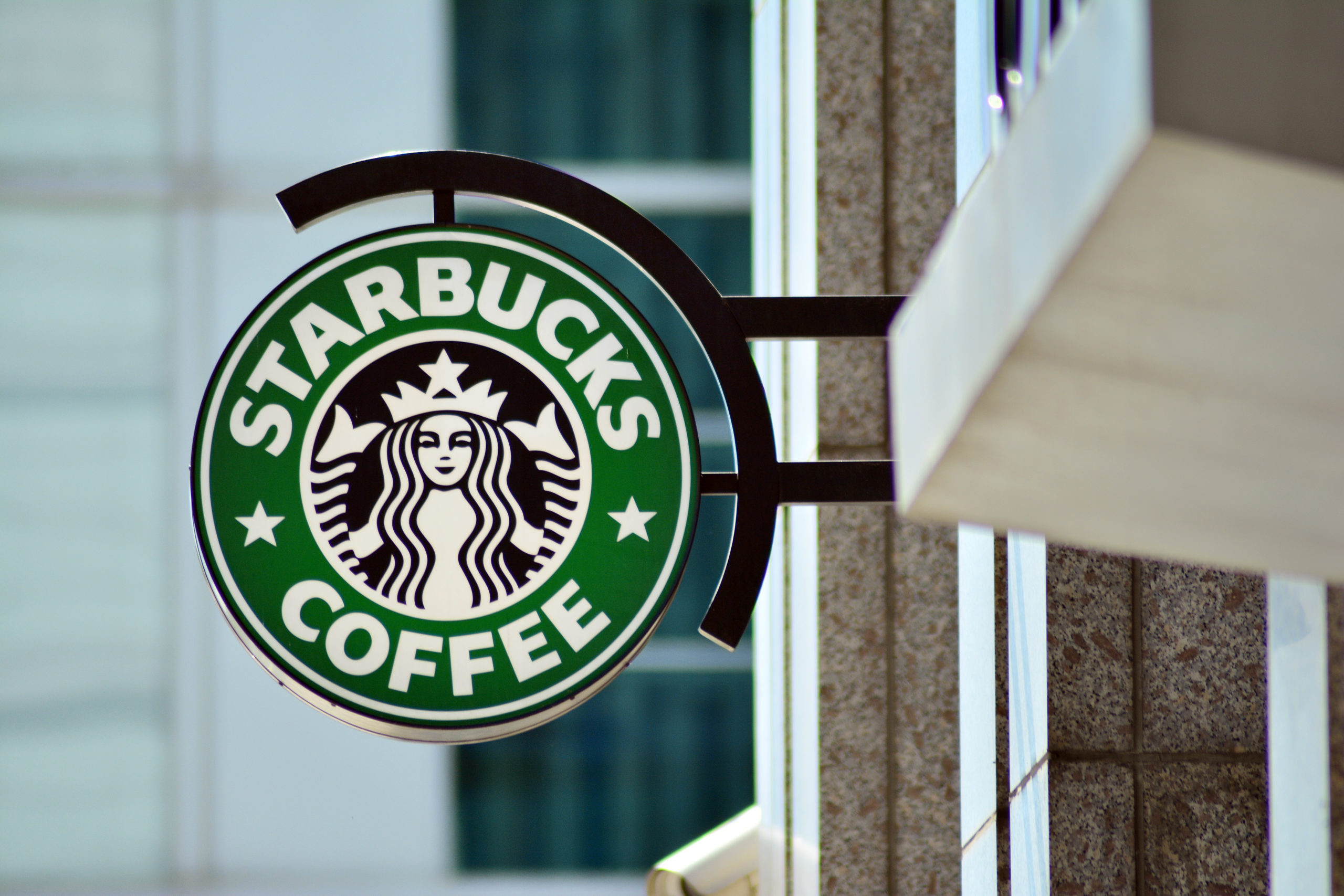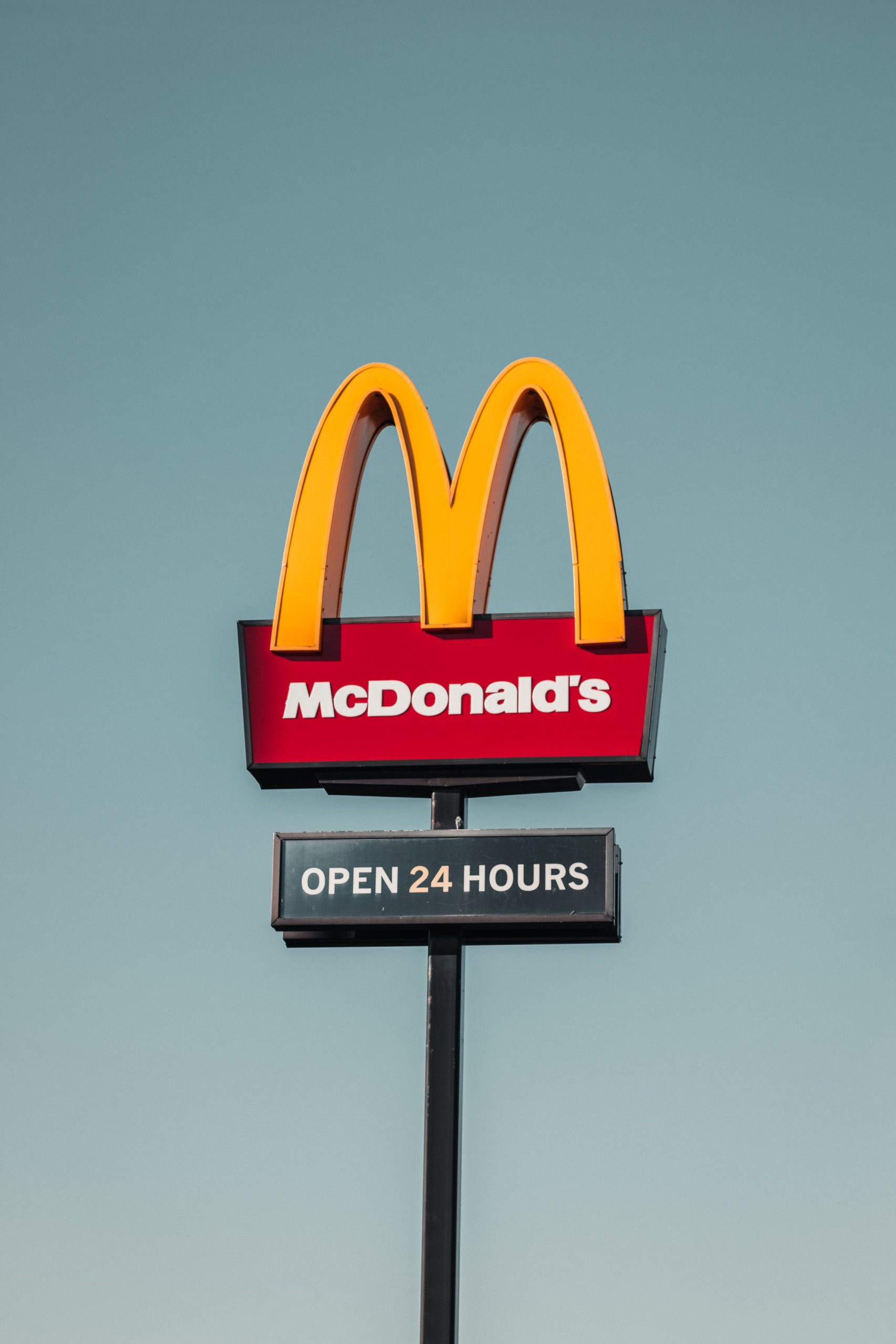The Fat, Salt and Sugar Watershed. What does it mean and who does it affect?
In recent years there has been a push to rebalance the promotion of food and drink in a bid to promote healthy eating and tackle childhood obesity. Here, Beyond Corporate Trainee Solicitor Jack Kimberley looks at the regulations in place, the proposed watershed, and how industry stakeholders can make a difference.
Products which contain high levels of fat, salt and sugar (known as ‘HFSS’ products) have already been banned from promotional stands in key locations within supermarkets, with a further prohibition on their advertisement, both online and on TV, in the horizon. However, will this instil healthier consumer spending habits and what does this mean for consumers and retailers alike?
What laws/regulations are already in place?
In October 2022, new legislation was introduced (Food (Promotion and Placement)(England) Regulations 2021) to address both the location of HFSS products and the promotional offers which retailers may offer on such products (for more information on the legislation, please see our ‘Kellogg’s get Crunched’ article).
- The location restrictions prevent retailers from positioning HFSS products at the entrance of stores, on the shelf ends of aisles and at the checkouts – these being highly visible areas in which consumers will inevitably pass or be directed to.
- The volume price promotion restrictions ban retailers from holding promotional offers on HFSS products, such as ‘BOGOF’ (buy one, get one free) or similar style promotions based on the volume of products (e.g. six for six pounds).
How do I know if I am subject to the restrictions?
The restrictions on location and volume price promotions apply to ‘qualifying businesses’; being those retailers who employ 50 or more employees and are therefore deemed as medium and large retailers.
There are however certain businesses and sectors who are exempt from the aforementioned restrictions, which include:
- Some places of education;
- A charity carrying out its charitable activities; and
- Some care homes,
amongst others.
What if my sole business is HFSS goods?
Despite the restrictions placed on retailers by the new legislation, there are exemptions to the location restrictions for ‘specialist retailers.’
Specialist retailers, as the name suggests, are those retailers who specifically sell a certain type of HFSS or ‘less healthy’ product. Examples of these are chocolatiers and patisseries, whose core business is the manufacture and retail of a specific type of HFSS product.
It will be up to the relevant enforcement agency to determine whether a business can be classed as a specialist retailer. There are no tick boxes to becoming a specialist retailer and businesses will be considered on a case-by-case basis.
However, the specialist retailer status only provides an exemption to the location restrictions. The retailer will still need to operate in accordance with the ban on volume price promotions regardless.
How will this affect consumers?
Not only are consumers less likely to see HFSS products in stores as a result of these location restrictions, but they may also notice less HFSS products being advertised on TV and online as a result of the upcoming 9pm watershed.
The regulation will prohibit TV (and on-demand services) from hosting promotional advertisements of identifiable HFSS products between the hours of 5:30am and 9:00pm, these being hours which children are likely to see and potentially be influenced by such adverts. HFSS products will also be prohibited from advertisement online via paid for adverts (e.g. banners on websites).
Consumers may also see price increases in HFSS products as a way to balance out the potential impact to the profit margins of manufacturers and retailers, stemming from the restrictions on location and promotion in-stores and online.
What does this mean for retailers?
Previously, the Government had pushed back the commencement of a watershed until October 2023 and the prohibition of online paid-for adverts of HFSS goods to January 2024. This has now been delayed again until October 2025, much to the dismay of health campaigners.
The Government has defended the delays, stating that businesses need preparation time in light of the upcoming regulations. Whether intentional or not, retailers and businesses producing HFSS products are afforded time to decide how best to adapt to the anticipated restrictions placed on the promotion of HFSS products.
Smaller sized businesses may wish to take inspiration from larger brands, with the general trend being the adaptation of their product portfolio to steer away from HFSS products. Some of the largest brands in the sector, such as Kellogg’s, are already prioritising non-HFSS products by launching an alternative to their popular Pringles range and PepsiCo, who have similarly launched a non-HFSS variant of their Walkers MAX crisps coming in at sub-100 Kcal per serving.
Businesses may therefore wish to utilise this time to expand their product portfolio and steer it away from HFSS products, or to assess how their HFSS offerings can be marketed without contravening the upcoming regulations and their business model.
Next steps
Industry stakeholders are encouraged to have their say on the upcoming watershed through the Government’s consultation, which was launched to assess views on the draft regulations and feedback in relation to secondary legislation in the following areas:
- Defining the ‘products’ in the scope of the advertising restrictions;
- Defining ‘food and drink small and medium enterprises’ for the purposes of the SME exemptions; and
- Defining ‘services connected to regulated radio’ to ensure that the exemption for radio services covers online services provided by commercial and community radio broadcasters.
Stakeholders can provide their views up until 31 March 2023 by completing this online survey or by emailing any comments to childhood.obesity@dhsc.gov.uk.
By Jack Kimberley
